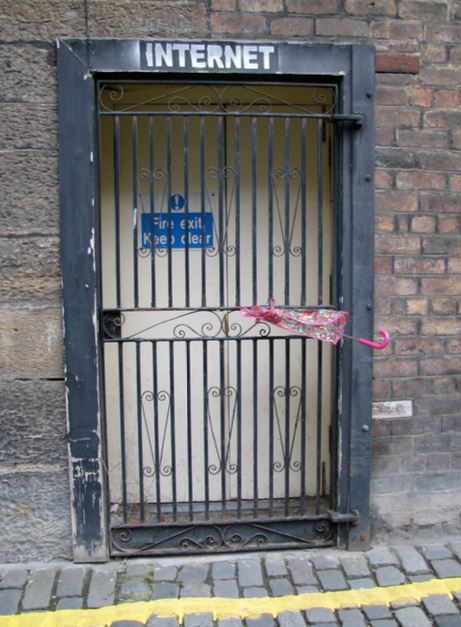
Quietly, and sometimes not so quietly, changes are occurring in the world that will transform the way we live and work on the Internet. Or, should I say Internets?
We are getting a glimpse of our future online world in China, which has declared the Internet a national defense priority and has rapidly re-written the rules of global connection and commerce by building its own infrastructure, security systems, and user platforms. China sees a future in which governments patrol the web like border control agents.
Like me, your first reaction might be, “oh no.” But here is something provocative to consider: Maybe, China is right. Maybe, this is the future of the Internet in the Western World, too.
A world of many Internets
Here’s the struggle the world will be facing sooner, rather than later — Is it a higher priority to protect the global free flow of information, creativity, and commerce, or to protect the safety of a country, its citizens, and business interests? You probably can’t have both.
China is exerting internal control over virtually every part of its digital world, from hardware to social media. Many Western companies like LinkedIn are surrendering to Beijing’s rules in order to build a position in China and tap into their 700 million Internet users.
But China’s aggressive control is not just stopping there. The country is actively encouraging other nations to adopt its stance and create their own national Internets. On the grounds of national security, China led Russia and other nations in proposing that the United Nations adopt an Internet “code of conduct” that would effectively give every government a say in the technical protocols linking the global web.
The Great Firewall of China
China’s strategy is naturally creating internal tension on many fronts. By constricting the flow of information, it will hold back innovation in business, academia, medicine, and science. Preventing its citizens from enjoying the freedom enjoyed by much of the rest of the world will undoubtedly fuel political unrest.
But there are also advantages to a national firewall.
Here in the U.S., the news is filled every week with reports of devastating cyber attacks on our government and businesses (and those are only the ones we hear about). How are we going to fight back? When does the scale tip to a point where the security of our country, our economy, and even our citizens outweighs the desire for the free flow of information? The more we are connected, the more we are vulnerable.
In a world where cyberwarfare is a more efficient and effective means of attack than tanks and jets, China is building a fortress while other countries are still inviting its enemies to pour through open gates. We react only after the enemies have ransacked the castle. That just doesn’t seem too smart. Maybe we need cyber border control agents, too?
A NATO Net?
Will it be necessary to have a “NATO Internet” of defense allies where information only flows in and out of certain parts of the world? Is that even technically possible?
China is convinced that it’s not only possible, it’s necessary, and many other countries may follow suit. Countries like Turkey have shut down pieces of the Internet in the past and even EU nations are starting to write their own rules of Internet engagement and company conduct.
It seems that we are at the end of The Internet as we knew it and on the cusp of a new world of many Internets drawn along the lines of political alliances. Perhaps the promise of global community, communication, and understanding will dissolve into historical battle lines.
In any event, the digital world will be much more complex for businesses trying to navigate a spiderweb of government-ruled digital domains. As you think this through, what are some of the implications you see as the Internet fragments into multiple Internets with different rules of engagement?
Illustration courtesy Flickr CC and Stuart Cale